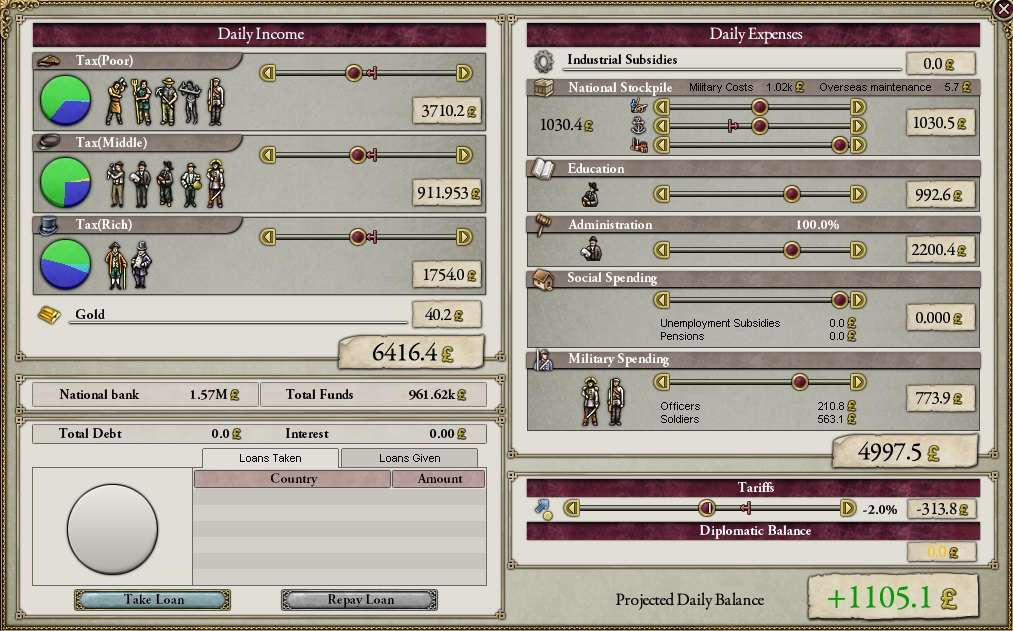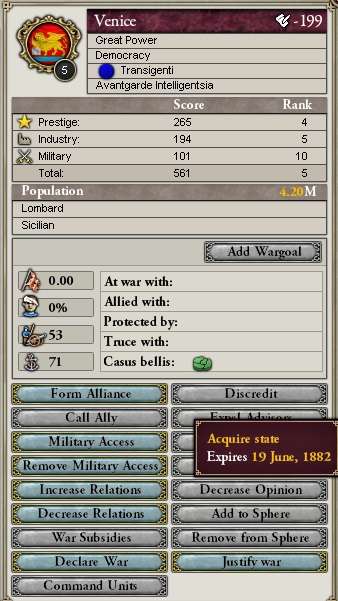1881: The Year of the Philosopher-Chancellor
Wilhelm Liebknecht, the new leader of the KPD, understood how conservative the average German was, and in particular, the Conclave of Stadtholders. If he ever hoped his programs of social reform and government welfare would succeed, he had to find allies, and most importantly, he had to avoid finding enemies. On the latter score, he had failed. The Conclave narrowly avoided banning his party altogether, and luminaries in the Imperialists and HUN still did not trust him. The KPD needed to grow before it could challenge the
status quo, and so his initial tactics were non-confrontational. The DSU did not entirely trust the KPD either, but was at least willing to talk.
1881 was a good year for peaceful deliberation. Science and intellectualism was the order of the day, whether it was Chancellor Frederick Carile's amateur scientific experiments captivated huge crowds at lecture halls throughout the Republic. Indeed, his experiments in chemistry had played a small role in the distillation of petroleum and proved the concept, at least, of liquid fuel for ships and, perhaps, personal transportation. In these circles, the founder of the KPD found some acceptance, particularly in the philosophy department in Leipzig University. He held long debates with champions of a new philosophy called Hermeneutics, which focused on the interpretation of popular philosophical texts.

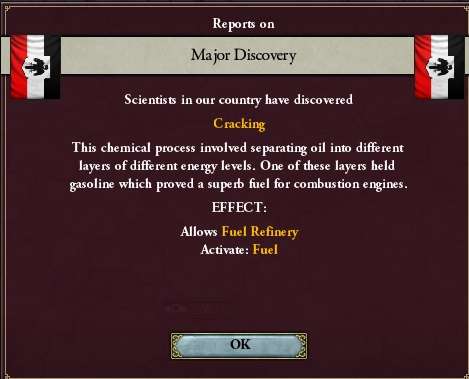
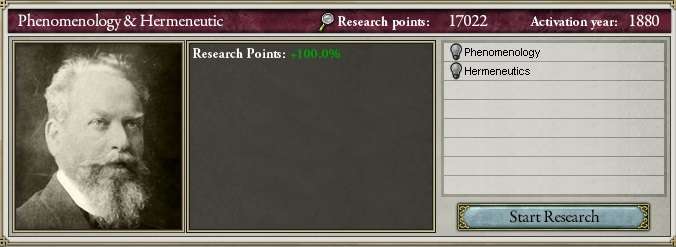
With the Shadows out of power, Germans breathed a little easier. Many of the ex-Shadows fled the country rather than face prosecutions, but many more, who had never positively been identified, simply returned to their normal lives. There was no way of knowing who was part of the organization, and the Ministry of the Interior did not favor any kind of witch hunt that might fracture the consensus he had built. Besides, Franz Meningen could not afford to be too aggressive; his eyes were firmly on the elections of 1883. While voluntary programs of assimilation were encouraged, the Gendarmerie was ordered to stand down rather than break up meetings of Wallonian nationalists in Leeuwarden. When members of the KPD marched in solidarity with the workers of West Switzerland, the Captain of the local branch of Gendarmerie ensured that the march was entirely peaceful.
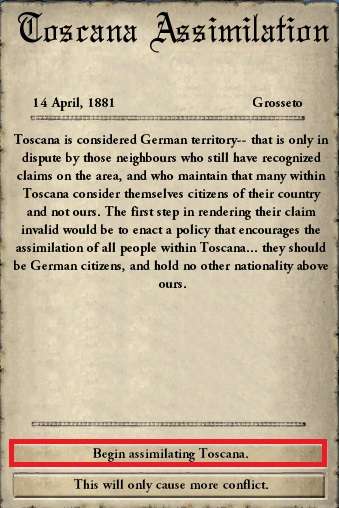
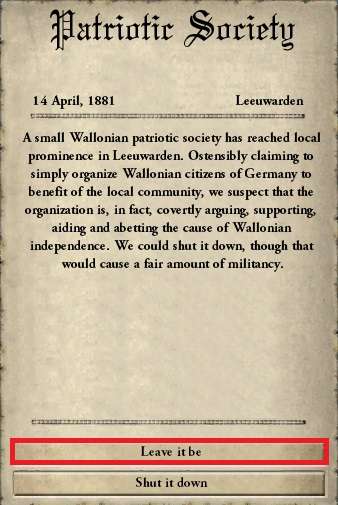
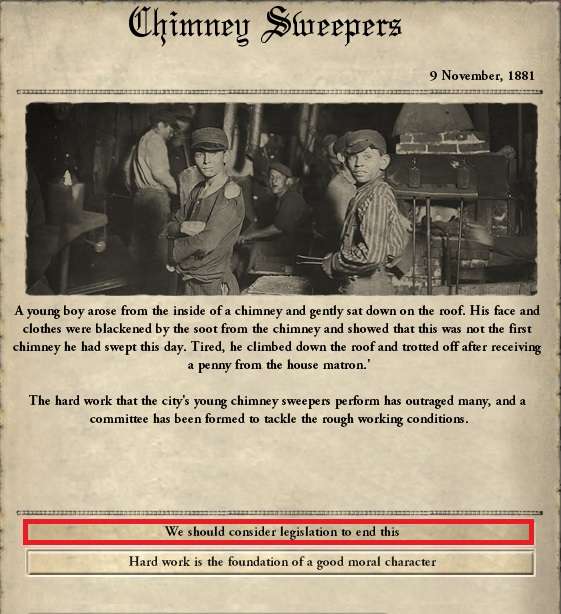
The perfect domestic tranquility was, to a certain extent, matched with foreign peace. Germany and Sweden inked a new agreement, drawing them close together economically, while Germany stayed out of a crisis in Qara Koyunlu.
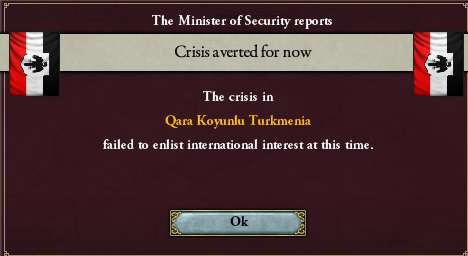
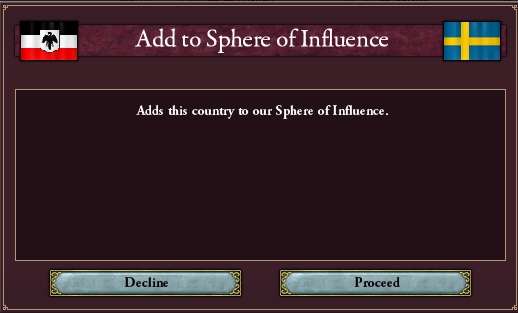
Yet when the session of the Reichstag began on 1 January 1882, it was the Foreign Minister who requested permission to address them. Fritz von Hohenzollern took the lectern from the Chancellor and removed his speech from his pocket. "Gentlemen of the Reichstag, I come before you today in a time of great peace and prosperity for Germany. We are earning money as never before. Yet I see something coming on the horizon. A war that might very well cripple our country, if not the world we live in. The only way we can be properly prepared for this impending disaster is to secure our borders as best as possible and make sure we control the vital trade routes that help that prosperity. That is why I am asking for a declaration of war on Venice. Venice is more than our timeless foe; they have all but abandoned Europe for their holdings in South America. I say we extend our prosperity to the islands of Sicily and Malta and construct advanced naval bases there. From there, we can command the Mediterranean, ensuring that our rivals do not get their first. We cannot allow our brethren in Tunis to be cut off from the motherland; we must ensure communications with the rest of Germany.
I do not say we will declare war tomorrow. That would be foolish; we are still commissioning ironclads and it will require time to move troops into position. Yet I am confident that my friend and colleague, Friedrich von Hohenstaufen of the General Staff, will affect a quick and decisive victory and secure these vital military interests. Thank you."
======================================================================
In addition to Herr von Hohenzollern's request for war with Venice, the Supreme Court will also consider the addition of other initiatives. Please report them by 10 PM on Friday (-6 GMT). Until then, please refrain from voting. Thank you!
Chief Justice of the Supreme Court










